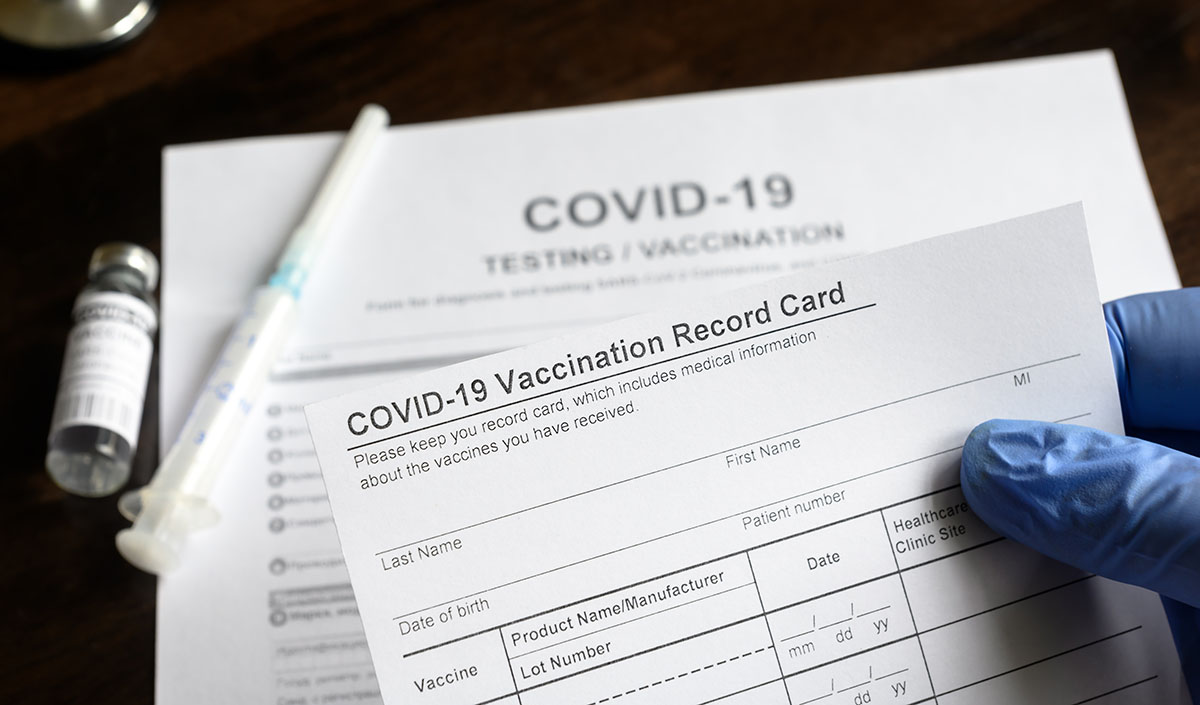On November 4, the U.S. Department of Labor’s Occupational Safety and Health Administration (OSHA) released its Emergency Temporary Standard (ETS) rule, which requires employees of large employers with 100 or more employees (covered employers) to either get vaccinated or to test negative on a weekly basis no later than January 4, 2022. The OSHA vaccine rule also requires such employers to provide employees with paid leave to get vaccinated and requires all unvaccinated employees to wear a face covering at work.
Which employers are impacted by the OSHA vaccine rule?
The ETS generally applies to employers in all workplaces that fall under OSHA’s authority and jurisdiction. This includes industries as diverse as manufacturing, retail, delivery services, warehouses, meatpacking, agriculture, construction and logging. Within these industries, all employers that have at least 100 employees company-wide (not at just one location) are covered.
However, there are some exceptions. The rule doesn’t apply to federal contractors and subcontractors covered under the Safer Federal Workforce Task Force or those covered by the Healthcare Emergency Temporary Standard regulation for healthcare employers. It also doesn’t apply to the employees of covered employers who do not work with other individuals, while working from home, or who work exclusively outdoors.
What does the OSHA vaccine rule require?
The rule requires covered employers to develop, implement, and enforce a mandatory COVID-19 vaccination policy (a Vaccine Mandate Policy), with an exception for employers that instead establish, implement, and enforce a policy allowing employees who are not fully vaccinated to elect to undergo weekly COVID-19 testing and wear a face covering at the workplace (a Test-Out Policy).
How should employer prepare to comply with the OSHA vaccine rule?
Review and Update Policies
Covered employers should ensure that their employment policies clearly indicate whether vaccination will be mandatory or whether a test-out alternative will be available and provide all relevant policy details.
Review Recordkeeping and Disclosure Requirements:
In addition to implementing either a Vaccine Mandate Policy or Test-Out Policy, covered employers must also inform employees of their policies and procedures designed to comply with the ETS. Specifically, employers must disclose the CDC’s “Key Things to Know About COVID-19 Vaccines,” OSHA’s prohibition against retaliation for reporting workplace illnesses or injuries, OSHA’s whistleblower protections, and the criminal penalties associated with knowingly supplying false statements or documentation. Covered employers must also maintain a record of each employee’s vaccination status and test result.
Review Existing Policies and Agreements:
It’s important to review applicable policies and state requirements before implementing a ETS-compliant program or policy. Laws in several jurisdictions may apply to require that the employer pay for testing, or it may be required in an applicable CBA or similar negotiated agreement.
As always, please connect with your benefits broker and compliance team on any questions.
For full details, please see our November 5 Compliance Alert on the Compliance Resource Page.





